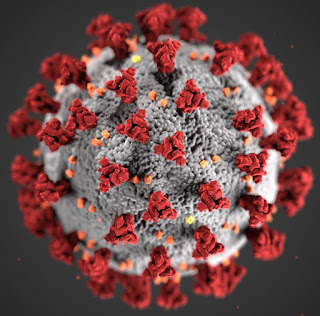Hospitals say they need more federal money to offset pandemic losses; trying public-service spot to get people to come in for care

—–
Kentucky Health News
“Only 53 of the 118 Kentucky hospitals have received enough federal relief to cover their losses to date, and again, we only have quantified losses through the end of this month,” Nancy Galvagni, president of the Kentucky Hospital Association, said at the June 25 meeting of the legislature’s Interim Health,Welfare and Family Services Committee.
Galvagni said that after figuring in all of the cost-cutting hospitals have done to stanch their losses, “There still remains $750 million in losses in 65 hospitals, just through the end of June, that are still uncovered.”
“Getting these losses covered is critical. I can’t emphasize that enough,” she said. “If we don’t get these losses covered, it really is going to be very damaging to the long-term sustainability of our hospitals.”
Pressed, Galvagni wouldn’t say any Kentucky hospitals were at risk of closing, but said about 20 are considered financially “vulnerable” and fit many of the criteria for other hospitals that have closed across the country. “If those hospital losses are not covered from the shutdowns,” she said, “that’s just going to speed up the process.”
Most recently, McConnell announced that 11 Kentucky hospitals had received $151.8 million to respond to the pandemic, but Galvagni painted a broader picture.
Galvagni warned that hospitals could continue to lose money because many Kentuckians are still afraid to seek medical care, even when it is a matter of life and death. She said those receiving care now are largely those who deferred it after hospitals were told to cease all elective procedures on March 18.
“We don’t really know, once we get those people through the system, really what it’s going to be going forward, if people are going to feel comfortable coming back to the hospital,” she said.
Elective procedures were halted to make sure the state had enough hospital capacity and personal protective gear to handle a surge of covid-19 patients, which the models were predicting at the time. Hospitals were allowed to resume non-emergency care in mid-May.
Galvagni reflected, “To be clear, neither KHA or our hospitals are criticizing the government for following the best evidence they had at the time to make their decisions.” But she noted that elective procedures, which include medically necessary operations like hip replacements, “are the lifeblood of hospitals” because they provide a significant source of revenue that makes up for losses they incur on many of the services they perform.